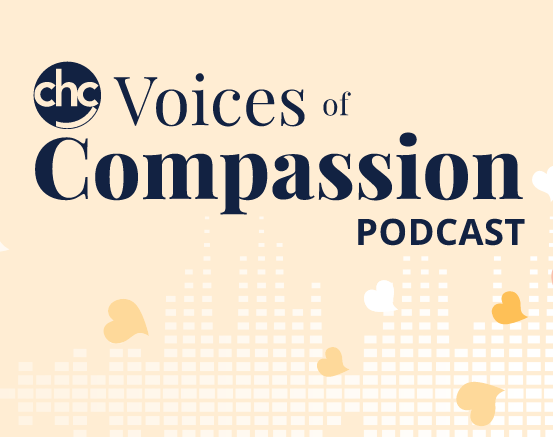Is Your Teen College Ready?
 Parents can’t be 100 percent certain that their child is ready for university life, but 30 years as a psychologist have taught me what to look for. The key indicator that an individual is ready to begin this transition is the emergence of a new level of personal responsibility.
Parents can’t be 100 percent certain that their child is ready for university life, but 30 years as a psychologist have taught me what to look for. The key indicator that an individual is ready to begin this transition is the emergence of a new level of personal responsibility.
In childhood, we associate responsibility with the dutiful fulfillment of obligations and duties: performing household chores, completing homework assignments, brushing teeth at bedtime. A responsible child is a compliant child, as it is ultimately the parent who owns the younger child’s responsibilities.
In adolescence, we expect more initiative and investment regarding duties and obligations, but most parents don’t abdicate oversight altogether. In other words, the parent and adolescent co-own the adolescent’s responsibilities.
The most reliable signal that the transition to emerging adulthood has begun is evidence that the child has begun taking sole ownership of these responsibilities — independent of parental involvement — via personal initiative and follow-through.
This emerging ownership manifests itself in three predictable areas: medical and behavioral health, academics and administrative tasks.
Medical and Behavioral Health
Everyone has something to manage, such as a medical diagnosis (for example, diabetes or attention deficit disorder) or a behavioral challenge (such as problems related to diet, sleep or substance use). Children and adolescents manage these issues with oversight and assistance.
Transitioning to emerging adulthood requires personal ownership of these issues and learning to manage them effectively. I’ve worked with hundreds of students who failed in college on this account — inability to manage sleep-wake cycles, procrastination, substance abuse or unmet medical needs.
Academics
By junior year, we want to see students taking ownership of their academic careers. This shows up not necessarily in grades, but in academic initiative — schedule planning and management, and learning when and how to seek help. Specifically, we want to see college-bound students mapping the connection between their current academic performance and future life plans.
They need to know how to pay attention in class, take notes, do their homework and turn it in on time, study for tests. They should have been learning this all along, of course, but some kids manage to slip by without mastering academic routines.
If your college-bound junior or senior still requires external accountability for school work, your child may be telling you he’s not ready for academic independence.
Administrative Tasks
The third signal of readiness involves mundane life tasks — maintaining a calendar, meeting deadlines, filling out forms. Parents supervise these matters throughout childhood and adolescence, but college students must manage them on their own.
These minor tasks actually constitute a major developmental marker, because owning them signifies a readiness to begin feeling, thinking and behaving like an adult. Learning the nuances of administrative responsibility takes time, but is a reassuring sign that your child is up to the task of navigating day-to-day life at college — without your oversight.
If, however, your transitioner is reluctant to assume simple (but unfamiliar) tasks, it may be worth exploring what the problem is.
Excerpted from an article by Mark McConville, a clinical psychologist in Beachwood, Ohio, and the author of Adolescence: Psychotherapy and the Emergent Self and a forthcoming book about helping your twentysomething grow up. Read the full article in The New York Times online.
Source: The New York Times | How to Help a Teenager Be College-Ready, https://www.nytimes.com/2018/07/26/well/how-to-help-a-teenager-be-college-ready.html | © 2018 The New York Times Company
Care Coordinators can arrange a free 30 minute Care Consultation so you can explore options with an expert.
We invite you to call or email our Care Coordinators at 650.688.3625 or careteam@chconline.org to set up an initial Parent Consultation appointment.




